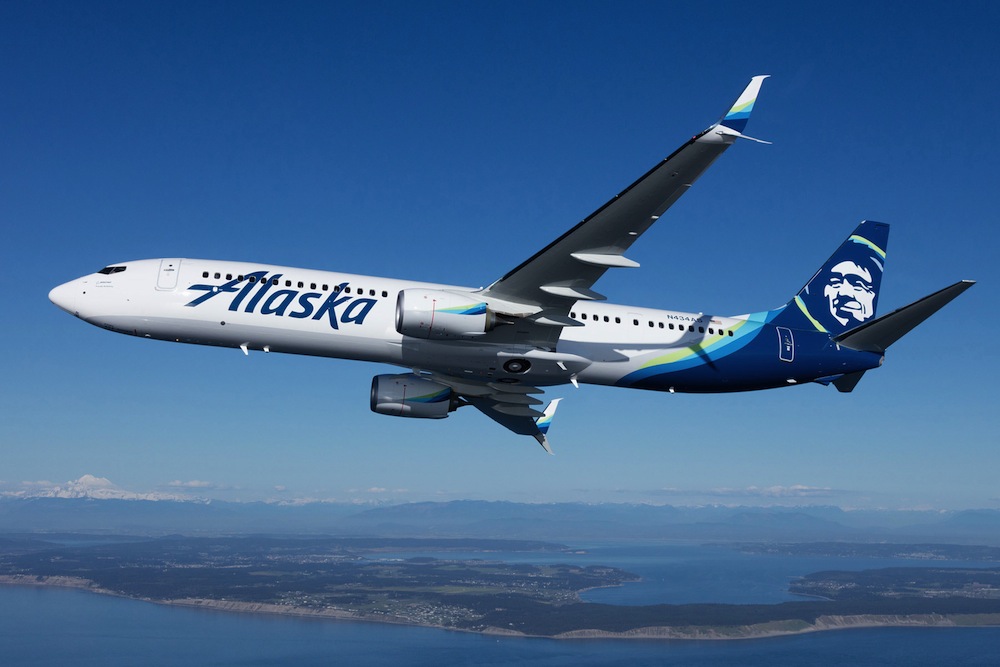
In the face of unprecedented shortages in new planes, jet engines, and qualified pilots, U.S. airlines are increasingly turning to acquisitions as a means of sustaining growth. The scarcity of essential resources has forced carriers into a strategic dance with antitrust regulators, with Alaska Airlines (ALK.N) making headlines by announcing its intention to acquire Hawaiian Airlines for a hefty $1.9 billion.
This move by Alaska Airlines comes at a time when the U.S. Department of Justice (DOJ) is actively challenging JetBlue’s proposed merger with Spirit Airlines, underscoring the industry’s contentious relationship with antitrust authorities. Despite potential regulatory hurdles, Alaska’s surprising bid for Hawaiian Airlines indicates the urgency felt by airlines to secure growth avenues in an environment characterized by limited options.
The aviation sector is grappling with severe supply and labor constraints, leading major players like Alaska to explore acquisitions as a viable growth strategy. The Biden administration has expressed reservations about further consolidation in the industry, but the pressures of shortages have left airlines with few alternatives. Currently, American Airlines, United, Delta, and Southwest Airlines collectively control 80% of the domestic market, leaving little room for new entrants or organic growth.
Read more: Alaska Airlines Announces $1.9 Billion Acquisition of Hawaiian Airlines
Industry experts, such as Addison Schonland, partner at consulting firm AirInsight, emphasize the competitive nature of the airline business. “This is an industry that is constantly looking for an angle,” Schonland noted. “If Alaska didn’t move on Hawaiian, what would stop somebody else moving on Hawaiian?”
The Alaska-Hawaiian deal is particularly noteworthy as it allows Alaska Airlines, primarily a domestic carrier with a focus on narrowbody planes, to expand its horizons. The acquisition provides Alaska access to Hawaiian’s widebody jets, a pool of experienced pilots, and an international network, creating opportunities for growth in long-haul international markets.
In an interview, Alaska CEO Ben Minicucci expressed confidence in the strategic move, describing it as “a great investment, a great step change” for the company. Minicucci emphasized that pursuing long-haul international routes independently would be both more expensive and significantly more challenging.
Source: Reuters
Featured News
Big Tech Braces for Potential Changes Under a Second Trump Presidency
Nov 6, 2024 by
CPI
Trump’s Potential Shift in US Antitrust Policy Raises Questions for Big Tech and Mergers
Nov 6, 2024 by
CPI
EU Set to Fine Apple in First Major Enforcement of Digital Markets Act
Nov 5, 2024 by
CPI
Six Indicted in Federal Bid-Rigging Schemes Involving Government IT Contracts
Nov 5, 2024 by
CPI
Ireland Secures First €3 Billion Apple Tax Payment, Boosting Exchequer Funds
Nov 5, 2024 by
CPI
Antitrust Mix by CPI
Antitrust Chronicle® – Remedies Revisited
Oct 30, 2024 by
CPI
Fixing the Fix: Updating Policy on Merger Remedies
Oct 30, 2024 by
CPI
Methodology Matters: The 2017 FTC Remedies Study
Oct 30, 2024 by
CPI
U.S. v. AT&T: Five Lessons for Vertical Merger Enforcement
Oct 30, 2024 by
CPI
The Search for Antitrust Remedies in Tech Leads Beyond Antitrust
Oct 30, 2024 by
CPI